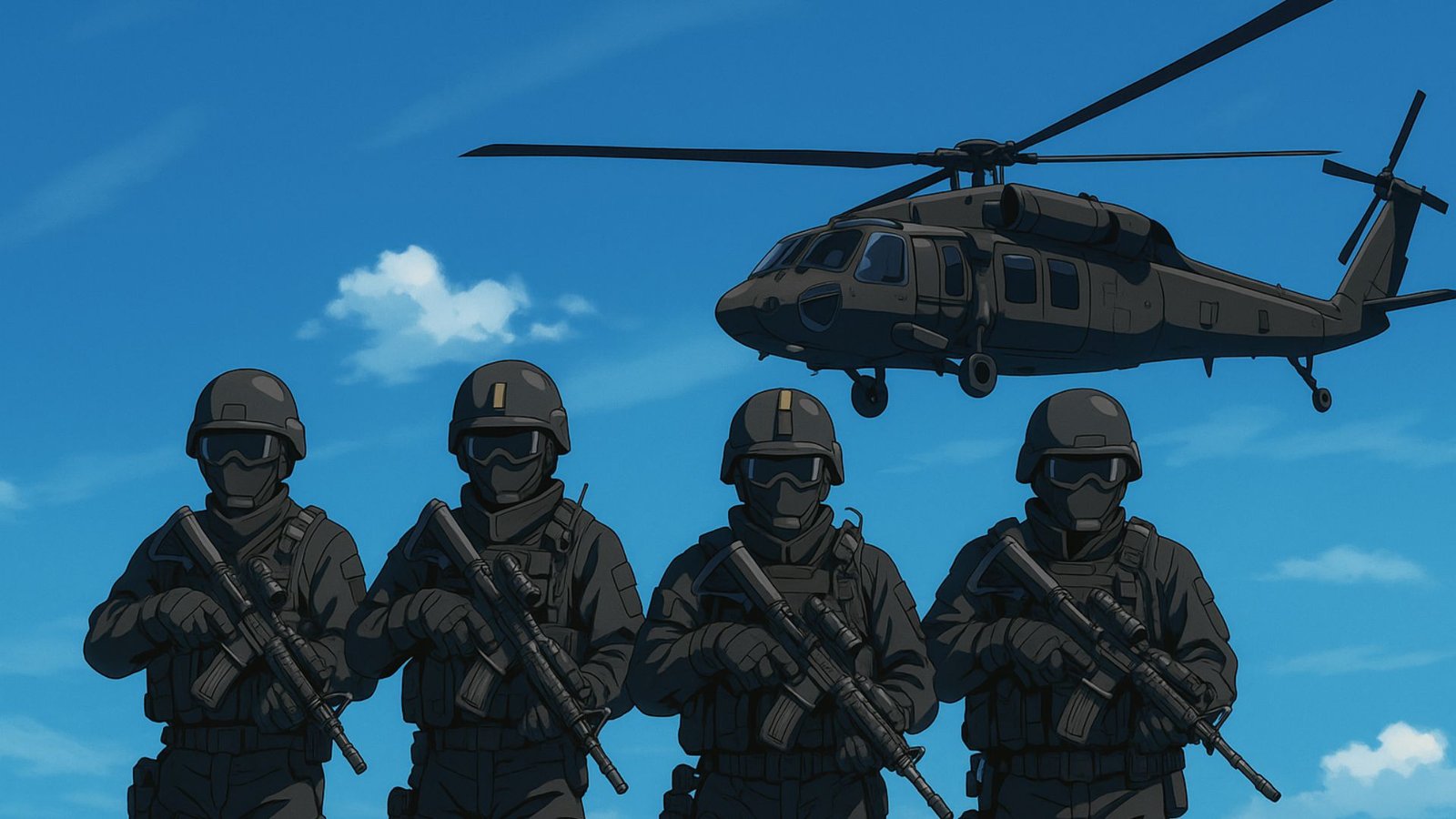In a world dominated by military spending and defense strategies, some countries have taken a drastically different approach. These nations demonstrate that peace, diplomacy, and alternative security arrangements can be viable options in the modern world. While most countries consider armed forces essential for sovereignty, these five nations challenge that notion through unique approaches to national security and international relations.
The Peaceful Paradox: Nations Without Traditional Military Forces
Each country on this list has found innovative ways to ensure their security while allocating resources to other national priorities like healthcare, education, and economic development. Their success stories offer fascinating insights into alternative approaches to national defense and international relations.
1. ‘Monaco’ : The Glamorous Microstate Protected by France
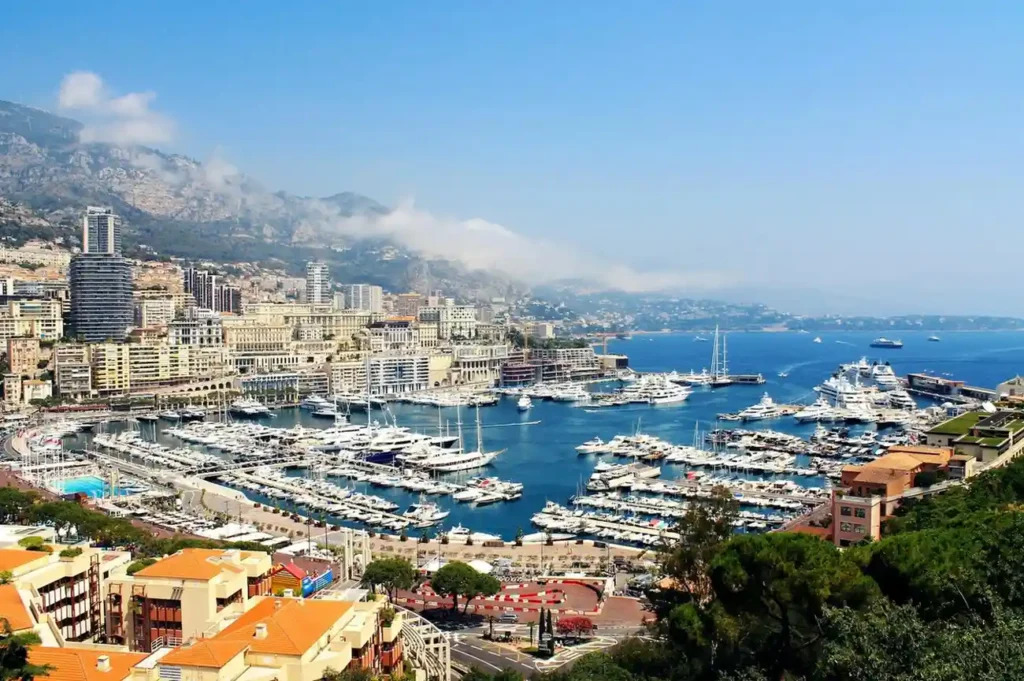
Tiny Yet Mighty
Nestled on the stunning French Riviera, Monaco is the second-smallest independent state in the world, covering just 0.78 square miles. Despite its tiny size, this Mediterranean microstate boasts one of the highest GDPs per capita globally and serves as a playground for the wealthy with its famous casino, yacht-filled harbor, and glamorous Grand Prix.
Royal Security Arrangement
Monaco abolished its army in 1870, making it one of the oldest nations without military forces. Given its minuscule size, maintaining a full-scale military would be impractical and economically unsustainable. Instead, the principality focuses on developing its economy through tourism, banking, and luxury real estate.
Protection Through Partnership
Monaco’s defense is guaranteed through a special treaty with France, which has pledged to defend Monaco’s sovereignty and territorial integrity. Day-to-day security is handled by the Compagnie des Carabiniers du Prince (Prince’s Company of Carabiniers), a small but elite police force of about 119 officers responsible for protecting the Prince’s Palace and maintaining public order. Additionally, Monaco boasts one of the highest police-to-citizen ratios in the world, with approximately one officer for every 100 residents.
2. ‘Mauritius’ : Island Nation with Strategic Diplomacy
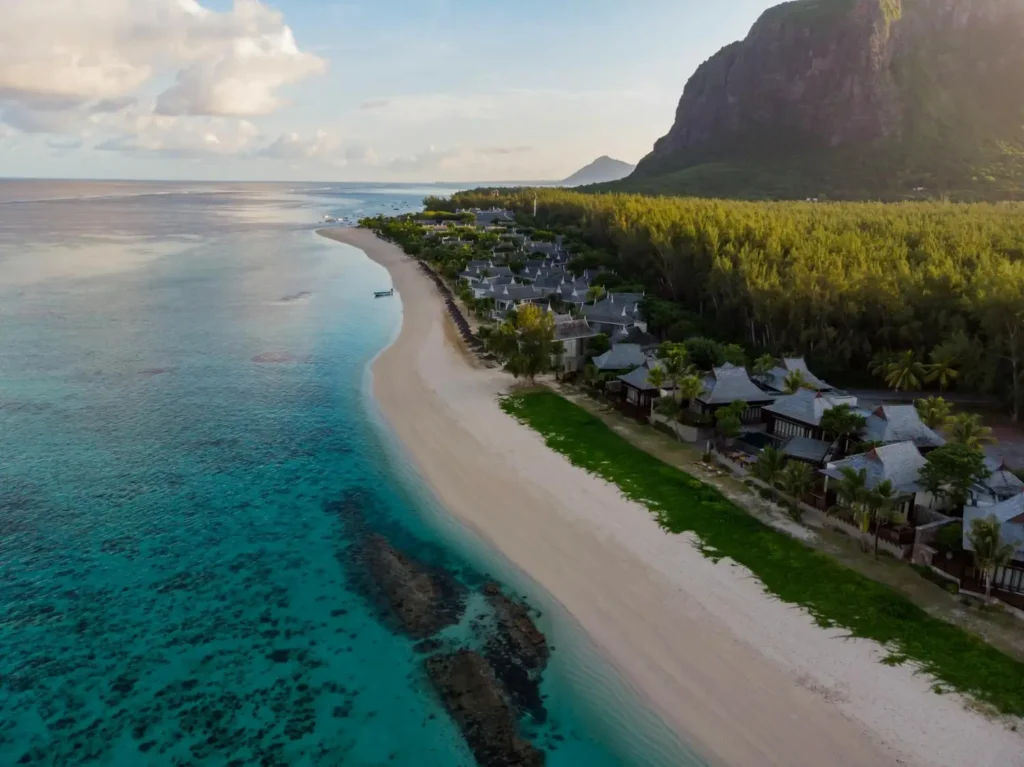
Paradise with Purpose
Located in the Indian Ocean about 1,200 miles off the southeast coast of Africa, Mauritius is renowned for its stunning beaches, diverse culture, and remarkable economic development. This island nation has transformed itself from a low-income agricultural economy to an upper-middle-income diversified economy focused on tourism, finance, and information technology.
Strategic Defense Choice
Mauritius gained independence from British rule in 1968 and made the conscious decision not to establish a standing army. This choice reflected both economic pragmatism and political philosophy, allowing the country to direct resources toward economic development and social programs rather than military expenditures.
Smart Security Solutions
Instead of a traditional military, Mauritius relies on a robust police force that includes several specialized units such as the Special Mobile Force (SMF) and National Coast Guard. These paramilitary units perform duties that would typically fall to armed forces, including maritime surveillance, anti-piracy operations, and disaster response. Mauritius also maintains strong diplomatic relations with regional and global powers like India, France, and the United Kingdom, which provide indirect security benefits through partnerships and cooperation agreements.
3. ‘Liechtenstein’ : Alpine Prosperity Without Armed Forces
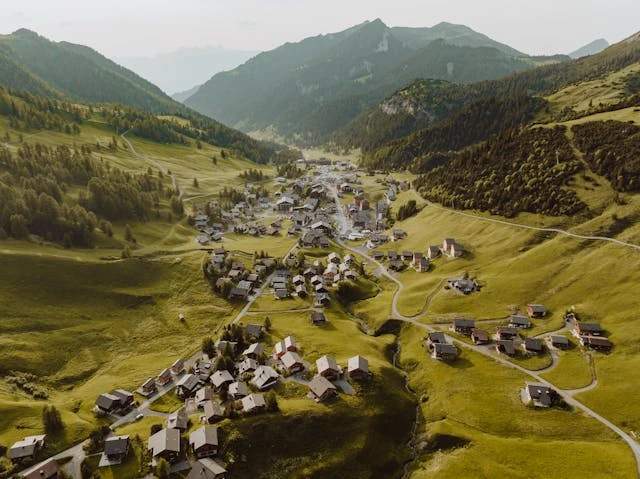
Mountainous Success Story
Tucked between Switzerland and Austria, Liechtenstein is a German-speaking microstate known for its medieval castles, alpine landscapes, and status as a tax haven. Despite being one of the smallest countries in Europe with just 38,000 citizens, Liechtenstein boasts one of the highest per capita incomes in the world and remarkably low unemployment rates.
Historical Decision
Liechtenstein disbanded its small 80-man army in 1868 after the Austro-Prussian War, becoming one of Europe’s first permanently neutral states. The decision was primarily economic—maintaining an army was simply too expensive for the tiny principality. This historical choice has shaped Liechtenstein’s foreign policy for over 150 years.
Neighborly Protection
The country relies primarily on its close relationship with Switzerland for defense and security matters. Though Switzerland itself is neutral, it provides de facto protection through geographic proximity and shared interests. Liechtenstein maintains a small police force responsible for day-to-day security within its borders. The country’s mountainous terrain also offers natural protection, making it less vulnerable to potential external threats.
4. ‘Costa Rica’ : Pioneer of Military Abolition
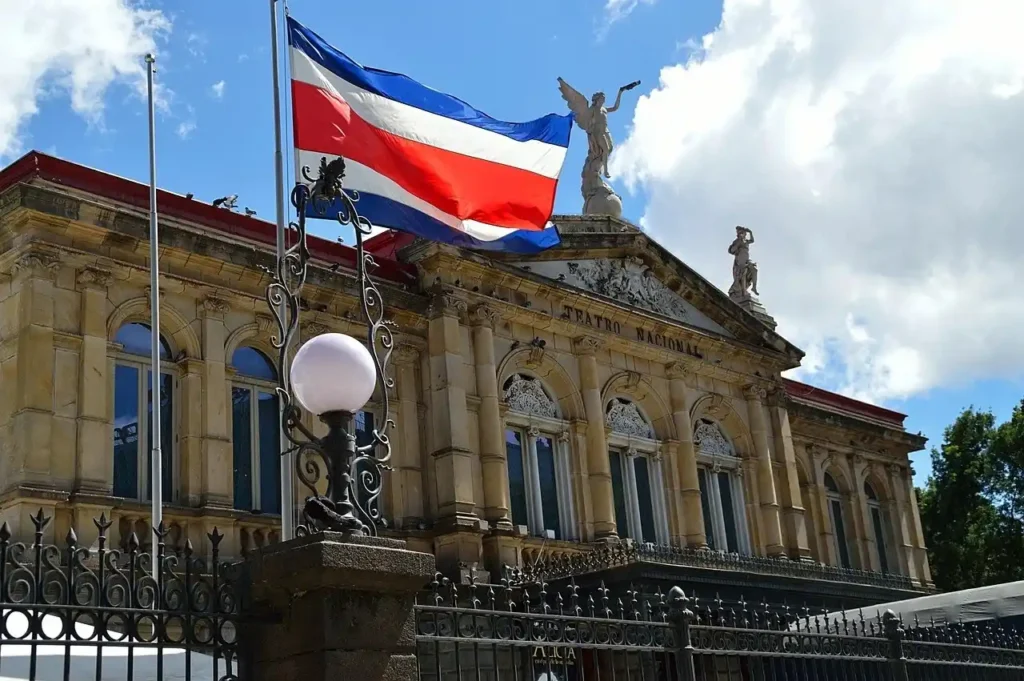
Central American Trailblazer
Known for its stunning biodiversity, beautiful beaches, and commitment to environmental conservation, Costa Rica stands out in Central America for its stable democracy and relatively high standard of living. Unlike many of its regional neighbors who have experienced political instability and conflict, Costa Rica has enjoyed decades of peace and democratic governance.
Bold Constitutional Move
In a bold and unprecedented move, Costa Rica constitutionally abolished its military in 1949 following a brief civil war. This decision, championed by President José Figueres Ferrer, represented a dramatic shift in national priorities, allowing the government to redirect resources toward education, healthcare, and sustainable development instead of armed forces.
Alternative Security Framework
Costa Rica maintains public security through its Civil Guard and various police forces that handle domestic law enforcement and border security. For external defense, the country relies heavily on international law, multilateral institutions like the United Nations, and security agreements with allies, particularly the United States.
5. ‘Vatican City’: The World’s Smallest State Under Divine Protection
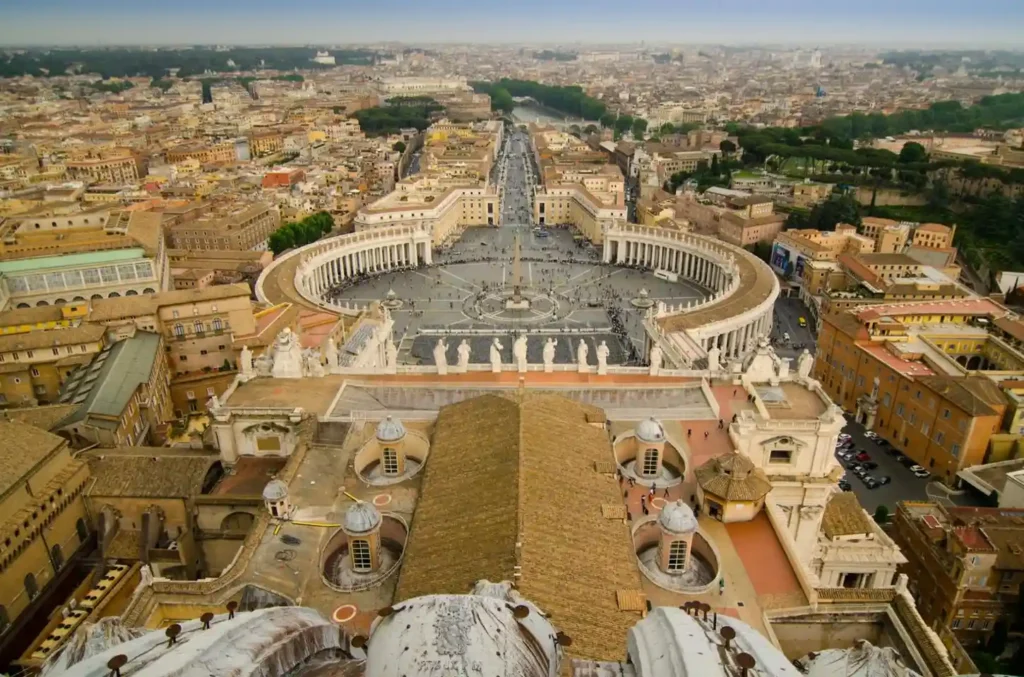
Spiritual Global Center
As the spiritual headquarters of the Roman Catholic Church and the residence of the Pope, Vatican City is the smallest sovereign state in the world, covering just 49 hectares within Rome, Italy. Despite its tiny size, the Vatican wields enormous global influence through its religious leadership of over 1.3 billion Catholics worldwide.
Holy See Security
While technically without a traditional military, the Vatican’s security situation is unique. The Pontifical Swiss Guard, founded in 1506, serves as the Pope’s personal bodyguards and protects the Vatican grounds. While ceremonial in appearance with their distinctive Renaissance-era uniforms, the Swiss Guards are actually highly trained security professionals skilled in modern defense techniques and firearms use.
Multi-Layered Protection
Beyond the Swiss Guard, Vatican security relies on the Gendarmerie Corps, a civilian police force responsible for ordinary law enforcement within Vatican City. Additionally, through the Lateran Treaties, Italy recognizes the sovereignty of the Vatican and provides external security. The Vatican’s unique status as both a sovereign state and the headquarters of a global religious institution also creates a form of protection through international recognition and diplomatic relations with countries worldwide.
Final Thoughts: Redefining National Security
These five nations demonstrate that military might isn’t the only path to security and sovereignty in today’s world. Through strategic alliances, geographic advantages, international agreements, and creative approaches to defense, these countries have found successful alternatives to traditional armed forces.
Their experiences suggest that in an increasingly interconnected global landscape, security can be achieved through means beyond military power. By prioritizing diplomacy, strategic partnerships, and smart resource allocation, these nations have not only survived but often thrived, redirecting resources that might otherwise fund military establishments toward social programs, economic development, and quality of life improvements for their citizens.

